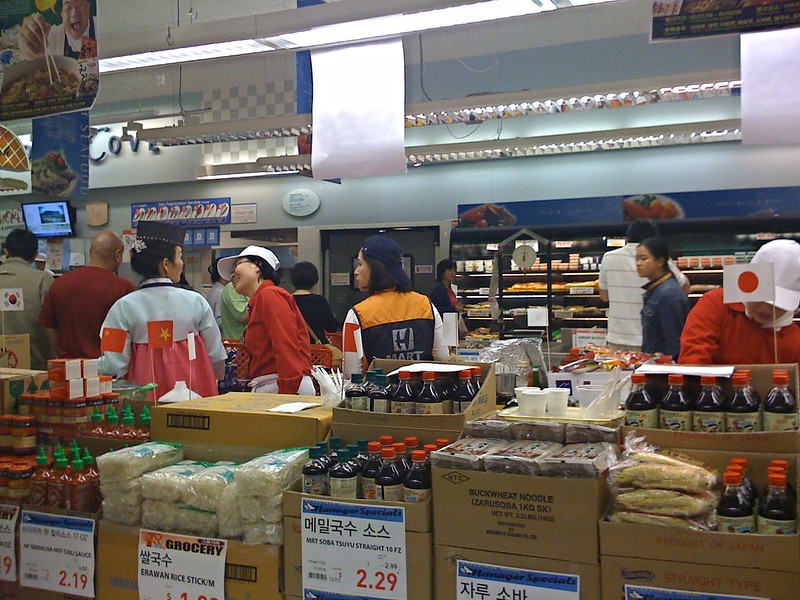Photo credit: Anokarina.
[TOYKO] – Consider living in a country where your farmers produce less than 40 per cent of the food you eat — the lowest of any developed country — and you depend on others to make up the difference. It might well give you the jitters.
That appears to be what’s happening in Japan. I was there in mid-September as part of the International Federation of Agricultural Journalists’ 51st congress, listening to Japanese experts outline their concerns about food, agriculture and the future of their country.
Government officials in Japan say the farm population is aging, and there’s little evidence of young people wanting to take over. Farmland the size of Tokyo, one of the world’s largest cities, is abandoned through the country. But what may be happening is an ancient culture rich in farming tradition is being forced to come to grips with the hard realities of globalization.
Many Japanese farms are smaller than 10 hectares and they’re not economically viable. They are literally drowning in their own traditions. As if economy of scale wasn’t enough of a problem, there’s also the question of food safety. Japanese consumers are concerned the food they eat will make them sick. In a survey by the Agriculture, Forestry and Fisheries Finance Corporation, the number one factor in food purchasing decisions is… safety. In fact, almost 64 per cent of consumers worry most about food safety when they purchase food. Japanese grocery stores are going into a frenzy these days, trying to make food on their shelves appear more benign than maple syrup from Elmira.
The Japanese government is trying to solve the food safety and self sufficiency problems in one clean sweep by convincing consumers that the only safe food product is locally-grown. Unfortunately they’ve experienced a few hiccups along the way – an e-coli outbreak in 1996, a foot and mouth problem in 2000, BSE in 2001, and an “inappropriate† food labeling problem in 2002.
It gets more complicated. Consider Japan’s position on GMOs. They’re not even interested. This is a country driven by science and technology, yet when it comes to GMOs, science is off the table.
Leading authorities in the Japanese agriculture department told us they want to encourage farm consolidation, because they know it will make the remaining farms more economically viable.
Yet they also want to maintain Japan’s rich farming traditions. They’re strident about preserving Japanese food culture.
But sometimes you can’t have both worlds. The Japanese practically invented globalization, at least when it comes to the automobile industry and electronics. Just try to recall what that industry was like before the Japanese got involved. They embraced technology and used it to their advantage and almost ran Americans into the ground.
Yet food is another story. And the attitude the Japanese take towards their food is why they’re struggling. If you live in a country the size of Japan, you must have faith in your food safety regulations and faith in science, to get over the fear of eating. The food in Japan is superb, something to enjoy, not fear.
If the Japanese could embrace science and technology in their food industry they way they have in electronics and auto manufacturing, they’d have fewer reasons to worry about going to the grocer.


